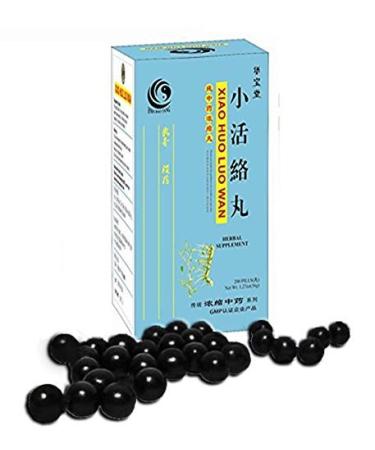
Vitabiotics WellKid Peppa Pig Multi-Vits 30 Soft Jellies
Wellkid Peppa Pig Multi-vits soft jellies have been produced with children's specific needs in mind to provide a comprehensive range of vitamins, for children aged 3-7 years, to help safeguard your child's nutritional intake. They come in a delicious natural strawberry flavour.
Support for rapid development and immune system
Vitamin D is needed for normal growth and development of bone in children and is included in the preferred form vitamin D3 (as vegan Cholecalciferol) which is naturally produced by the skin when exposed to direct sunlight. Bones get stronger when used and any kind of physical exercise is great for your kids, such as walking, running, dancing, tennis, gymnastics, and football. Children who tend to play outside will also have higher vitamin D levels.
Vitamin D also contributes to the normal immune system function in children.
Great tasting vegetarian and vegan multi-vitamin
Kids can be very particular about their likes and dislikes so it is important to give them a supplement that tastes great and that they are happy to take. Wellkid Peppa Pig Multi-vits are premium quality soft jellies that provide a range of vitamins in a delicious natural strawberry flavour that kids love. These soft jellies are suitable for vegetarians and vegans.
The challenges of healthy eating
Growth is especially rapid during the first 12 years of a child's life. Continuous development of bones, muscles, blood and the brain mean that children have a high nutrient requirement relative to their body size. Meeting these requirements can sometimes be a challenge as it is very common for children to be fussy eaters. You may find your child refusing to eat certain foods, disliking certain textures or tastes, or that they are reluctant to try new foods. The good news is that children usually grow out of fussy eating and in the meantime there are several small, easy actions that you can take to help mealtimes run more smoothly.
Government national dietary surveys have indicated that children's diets can be low in certain nutrients including vitamins A and D. Many children are also not eating the recommended 5 portions of fruit. Some foods may have a lower than expected nutritional content and be low in certain micronutrients as a result of several factors including modern farming practices, the lengthy storage of 'fresh' food before it is sold in some shops and overcooking which can cause certain nutrients to break down. It is important to promote a healthy diet and lifestyle in children and encourage positive eating and exercise habits for later in life. Food supplements are of course not a substitute for a healthy balanced diet!














